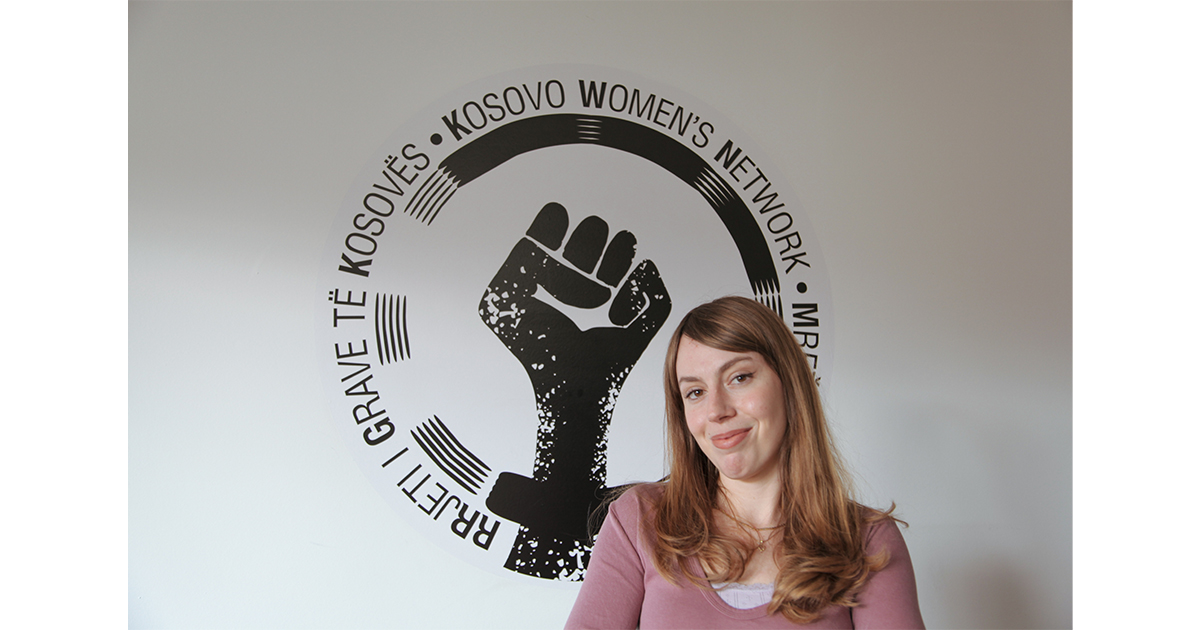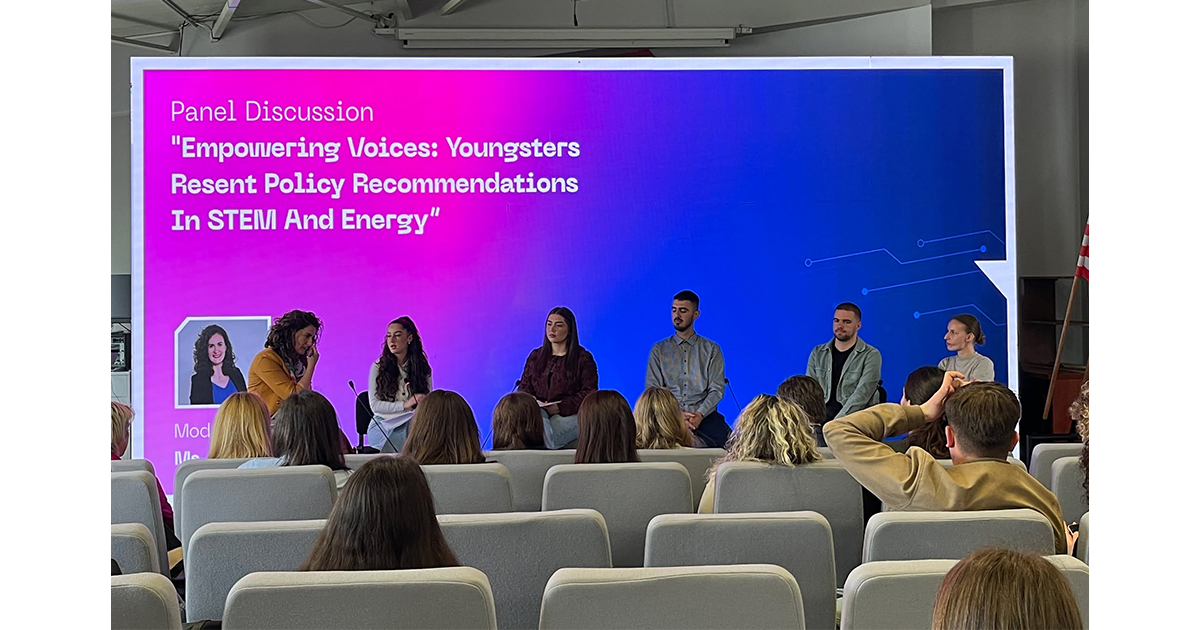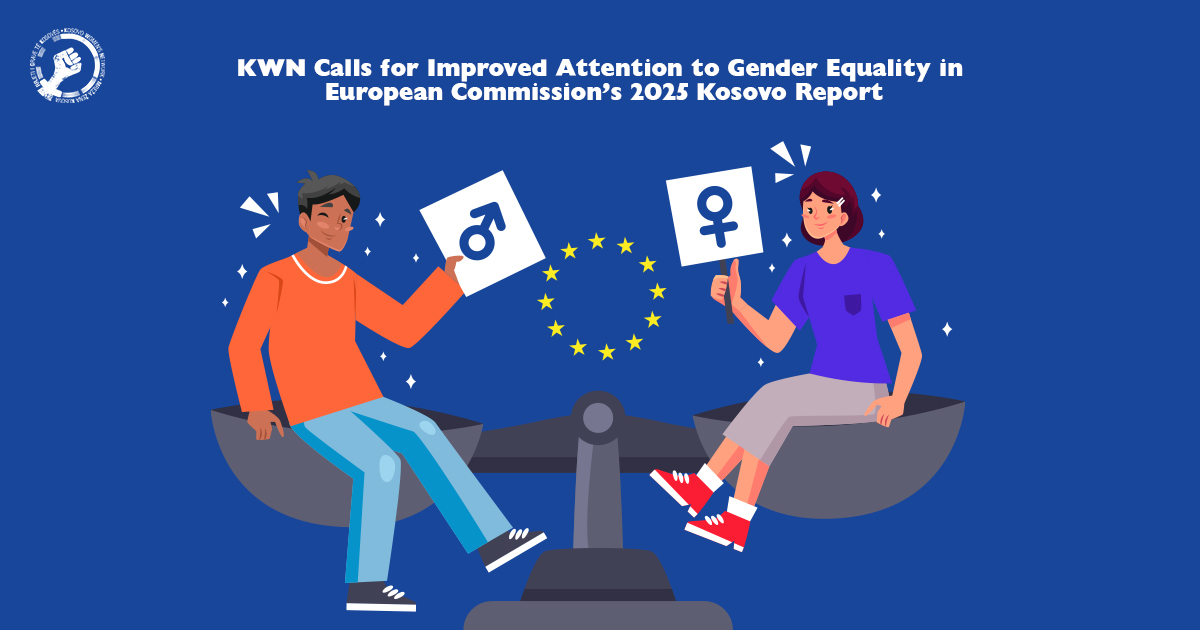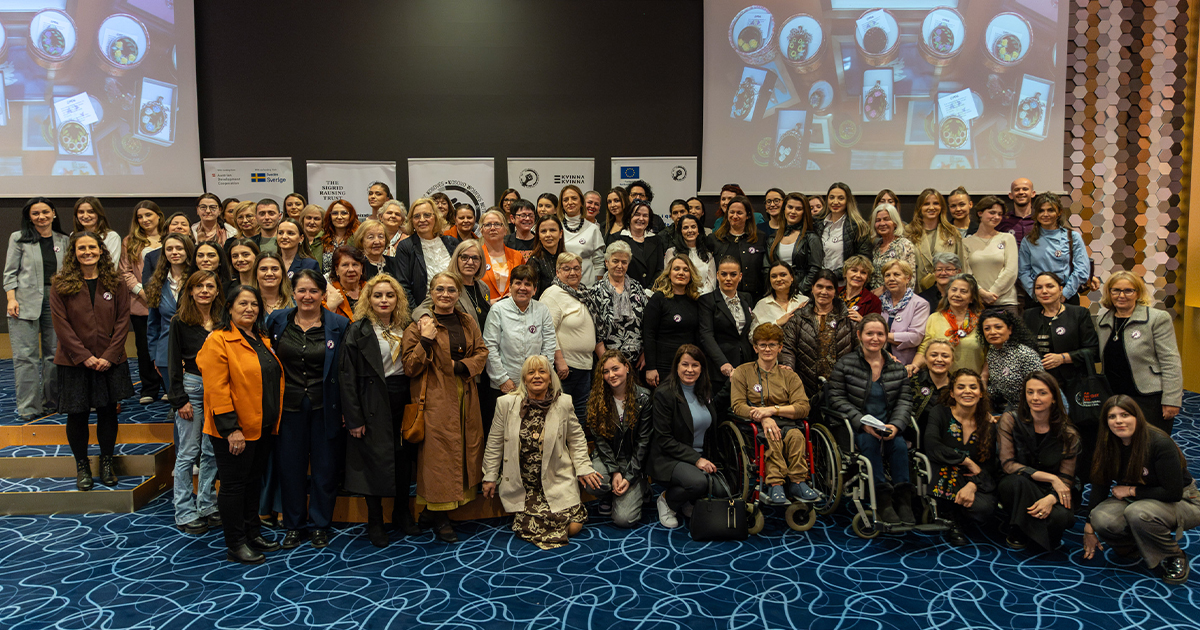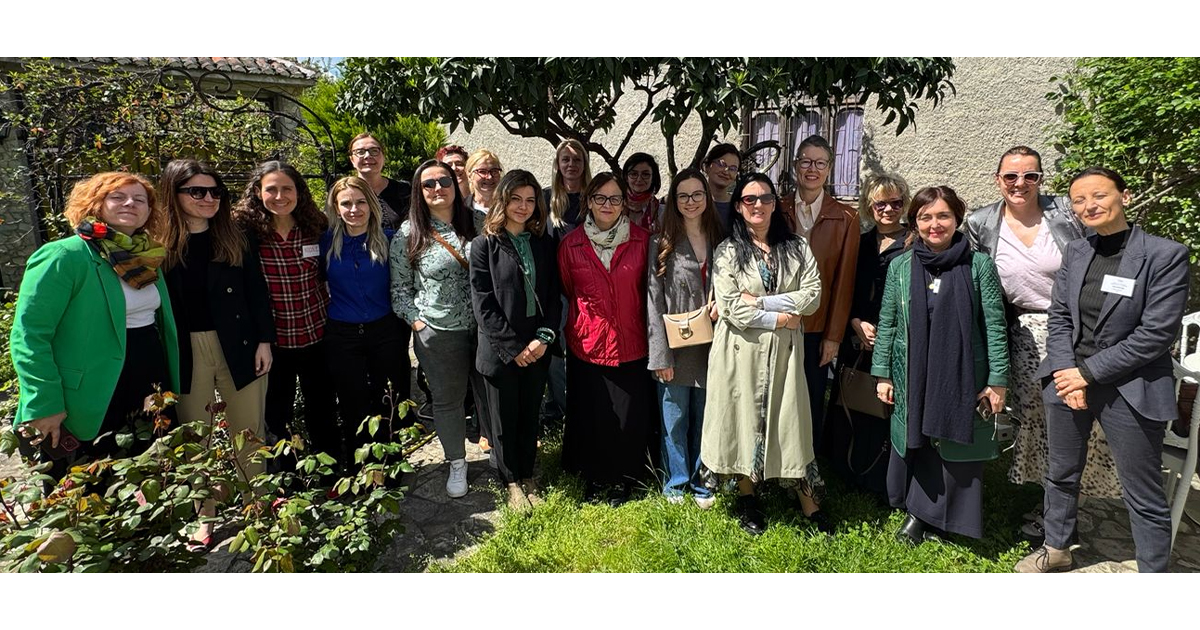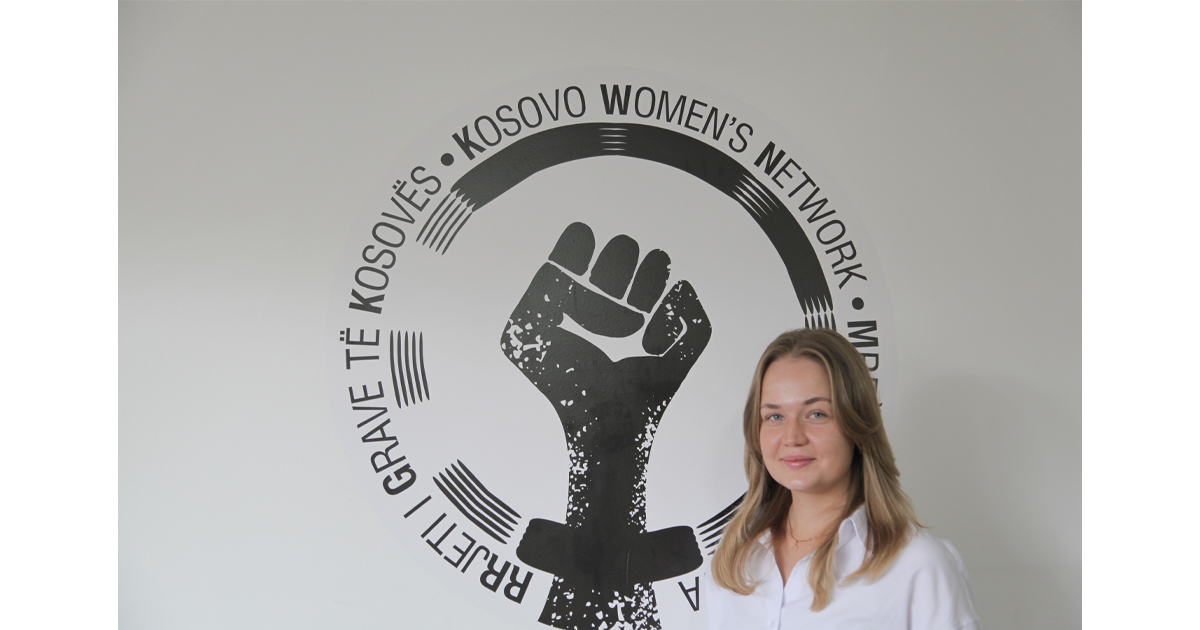The priorities, needs and interests of women and men often vary. Geography (e.g., rural, urban, sub-urban areas), age, ethnicity, employment status and/or ability, among other factors, may affect different women and men’s access to state services and programs. The government has a responsibility to design and enforce policies that benefit diverse citizens. Budget documents are public policies that should serve the needs and interests of different beneficiaries.
Agriculture and rural development policies may affect women and men differently. Gender responsive budgeting (GRB) is a practice of mainstreaming gender in all phases of planning, executing, monitoring and evaluating budgets. According to the Law on Gender Equality, GRB is a legal obligation for all budget organizations in the Republic of Kosovo. GRBmakesthe process of planning and executing the budget more transparent and inclusive, towards meeting the needs of diverse citizens.
Therefore, since August 2016, the Ministry of Agriculture, Forestry and Rural Development (MAFRD) committed to implementing gender responsive budgeting, in accordance with legal obligations set forth in the Law on Gender Equality and requests made by the Ministry of Finance in recent budget circulars.
Since then, MAFRD officials have received support from the Kosovo Women’s Network (KWN) in conducting gender analyses of past and present programs and expenditures.
As a result of this cooperation, on Oct. 10, KWN launched its newest report, titled “Budgeting for Better Agriculture and Rural Development”, which’s findings and recommendations seek to inform MAFRD’s 2018 budget, as well as future Medium Term Expenditure Frameworks (MTEF).
As a result of this cooperation, on Oct. 10, KWN launched its newest report, titled “Budgeting for Better Agriculture and Rural Development”, which’s findings and recommendations seek to inform MAFRD’s 2018 budget, as well as future Medium Term Expenditure Frameworks (MTEF).
In her opening speech, the Executive Director of KWN, Mrs. Igballe Rogova expressed her gratitude to “Austrian Development Agency (ADA) for their support, as well as for the Ministrywhich enables us to work together for the state; to work together to achieve gender equality." She than added that "We will continue to give our technical support to all the institutions that invite us, because in our own way we are helping the institutions to implement the law and together we are building the state."
Further, the participants were addresead by the Head of Office of ADA in Kosovo, Mr. Gunther Zimmer, who stated that “furthering gender equality is a top priority for Austrian Development Cooperation, and the key aspect towards this includes also supporting institutions in implementing GRB. This also contributes to the implementation of EU Gender Action Plan II, which Austria as a member state is committed to implementing by supporting institutions to carry out GRB.” He added that “incorporating a gender perspective in this sector is important to ensure that both men and women and men are served well by governmental programs in agriculture, forestry and rural development in Kosovo.”
Considering this report as very important for the further work of the Ministry on implementing GRB, the Director of Finance and General Services Department at MAFRD, Mrs. Fëllanza Balaj Kurtishaj thanked KWN for its continuous support, as well as ADA for the financial support of this report.
Further, the main findings and recommendations of this report were presented to the audience, a presentation given by the co-author of the report, and at the same time Program Manager and Lead Researcher at KWN, Mrs. Nicole Farnsworth.
While you can read the full report here, the key findings and recommandations of this report are listed below:
- Most MAFRD departments and bodies lack gender-disaggregated data or systems for maintaining
- and utilizing it to inform budget planning. The Ministry should ensure that employees collect, maintain and use gender-disaggregated data about persons targeted, consulted and benefitting from MAFRD programs to better inform planning of future expenditures.
- No known gender analyses have been carried out during processes of drafting or analyzing implementation of existing laws, policies and strategies related to agriculture, rural development and
- forestry. Gender analyses must be conducted prior to proposing draft laws, policies, strategies, programs and action plans, analyzing how they may affect men and women differently. The Ministry
- should ensure participation of the Gender Equality Officer in working groups.
- In public consultations on draft laws, regulations and administrative instructions, women comprised only 19% of participants in 2016 and 17% in 2017. In all working groups, women have been underrepresented. All departments need to ensure equal participation of women and men in working groups and public consultations on policies, draft laws, strategies and capital investments.
- In 2017, women comprised only 19% of all beneficiaries of subsidies and transfers and received only 3% of expenditures (less than €1.3 million out of €49 million). Reportedly, the existing affirmative measure of providing women applicants with additional points sometimes has been misused by men
- relatives. MAFRD should establish better affirmative measures to increase the percentage of subsidies and grants benefitting women. Meanwhile, improved inspections and increased penalties
- can decrease misuse of affirmative measures.
- Women file fewer complaints on denied applications to the Appeals Review Panel of the Agriculture
- Agency of Kosovo, perhaps because women apply and benefit less from grants and subventions than
- men do. However, women also may be less informed about their right or how to complain. Future
- gender analyses could examine reasons why women may not file complaints.
- Women are underrepresented in the forestry sector due to socio-cultural norms in Kosovo. Women received 16% of all forestry development licenses issued in 2014-2016. MAFRD should install affirmative measures to increase women’s formal participation in the forestry sector, decrease women’s participation in the informal economy and seek to change traditional gender norms by promoting the notion that working in forestry is acceptable for women.
- Of 1,039 farmers and companies licensed for agro-inputs as of April 2017, only 5% were womenowned. Women benefited less from Kosovo Forestry Agency services than men, comprising only 2% of beneficiaries in 2015-2017.
- Fewer men have taken advantage of the opportunity for students to intern in Kosovo Agriculture Institute laboratories, than women have, comprising 17% of all interns in 2017. However, more men
- (55%) than women (45%) have been involved in the Institute’s scientific work in 2015-2016. The Institute can use affirmative measures to further gender equality.
- With few exceptions, more men than women have participated in trainings, workshops, and study visits in 2015-April 2017. One reason is that women are underrepresented among relevant employees and inspectors (comprising only 10% of all inspectors in 2015-2017). MAFRD shouldensure equal participation of women and men in trainings, workshops, and study visits.
- In February 2017, 27% of MAFRD employees were women and 73% were men. Men received 75% of expenditures in 2016. More men (89%) than women (11%) consistently have worked in better paid, decision-making levels. MAFRD should use affirmative measures to hire and promote more, qualified women contributing to more balanced expenditures in the wages and salaries economic category.
- Women officials comprised 26% of staff members that went on official travel in 2016. Consequently, only 20% of official travel expenditures were spent on women officials in 2016. MAFRD should ensure a gender balance among staff undertaking official travels.
After the presentation, the participants had the opportunity to discuss the findings and recommendations outlined in the report. This report includes specific objectives and activities for every Department, Agency and Institute, towards furthering gender equality via future expenditures. The report was publishet with the financial support of Austrian Development Agency (ADA).


